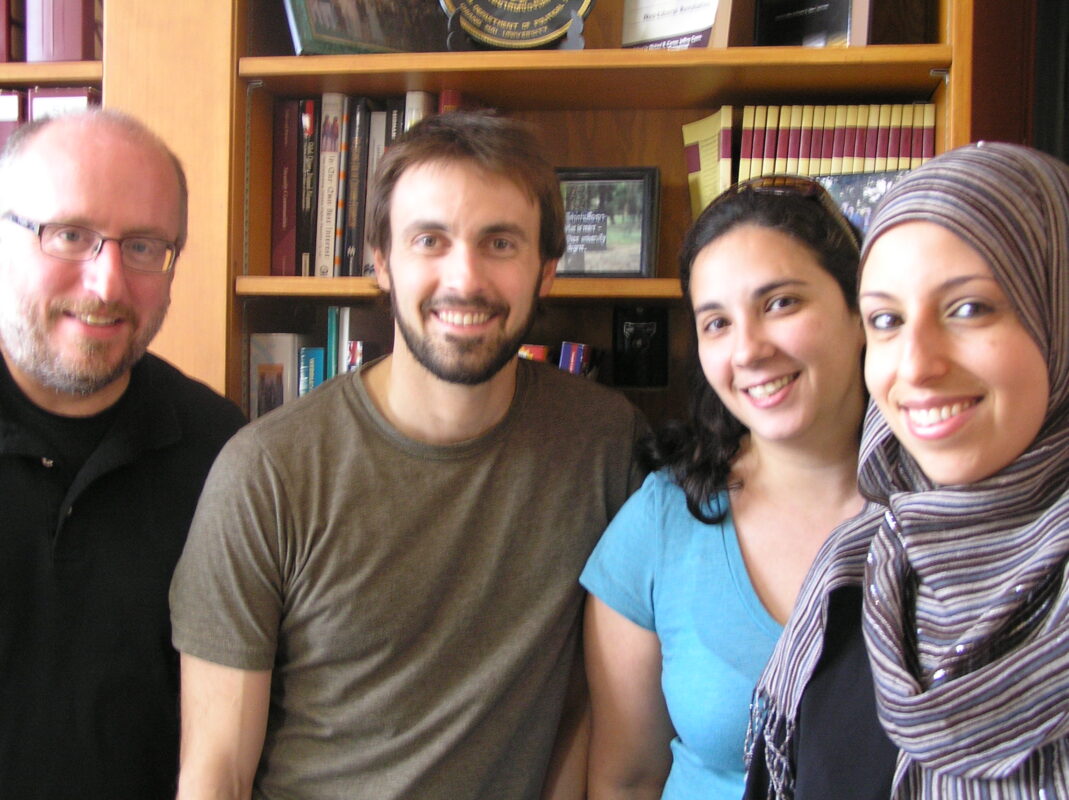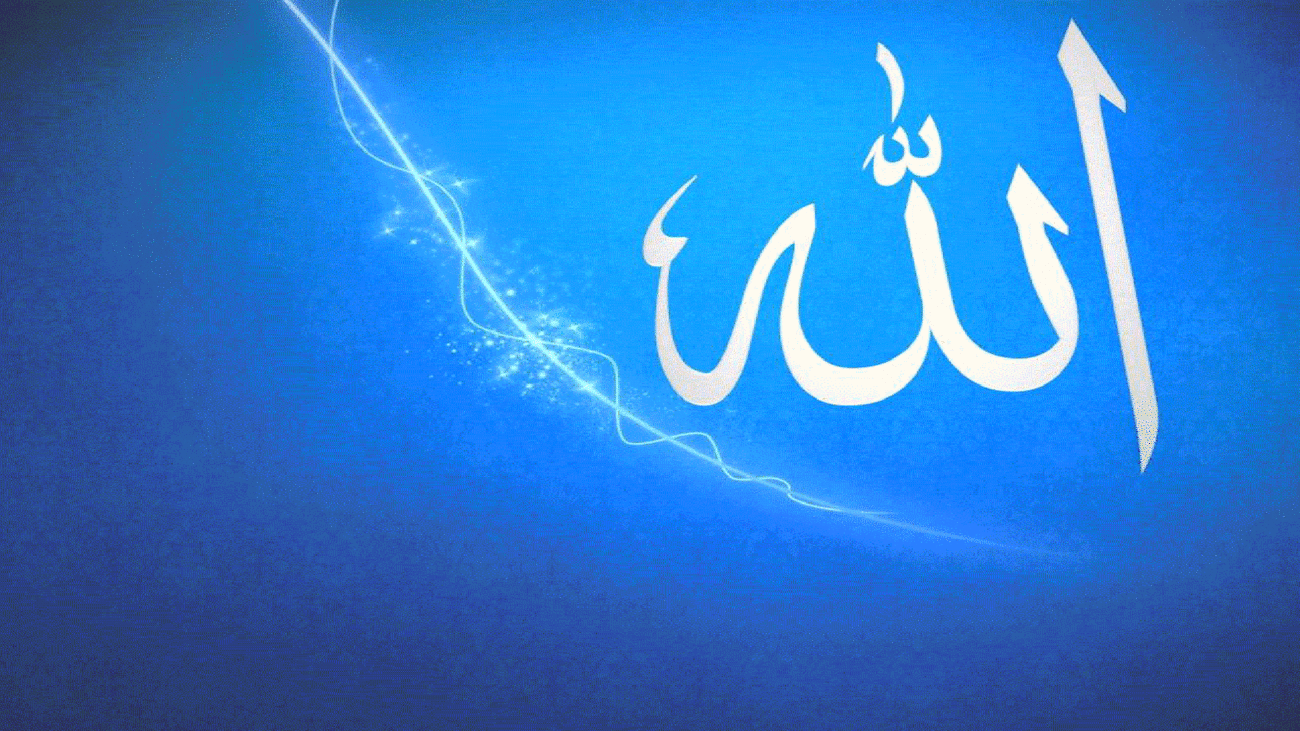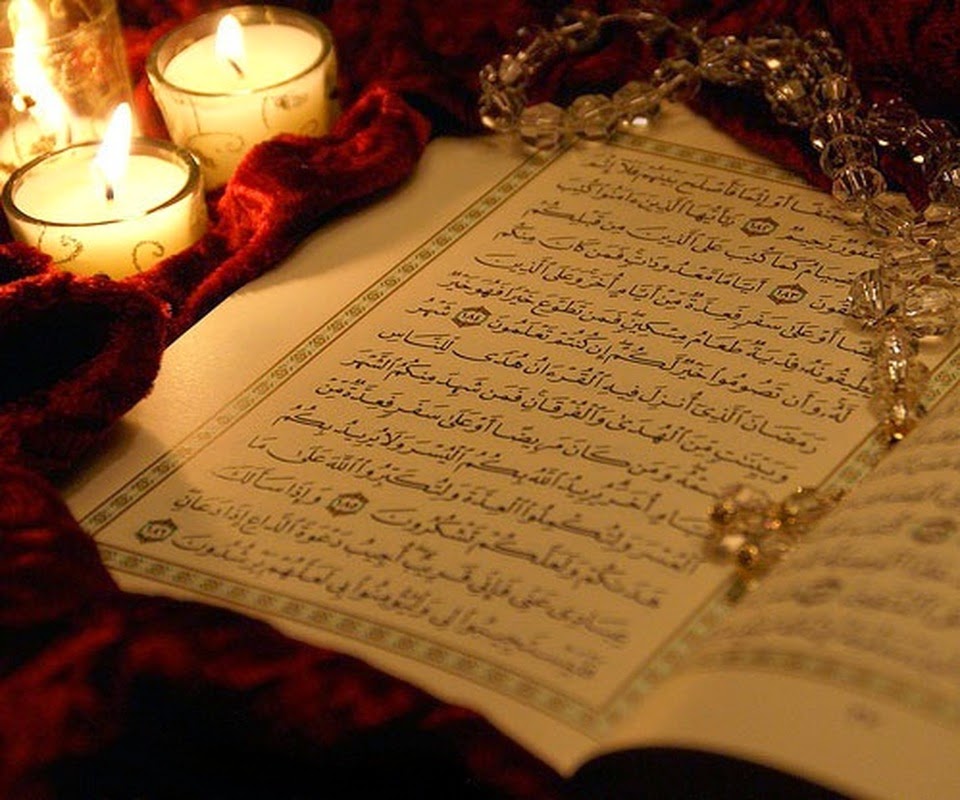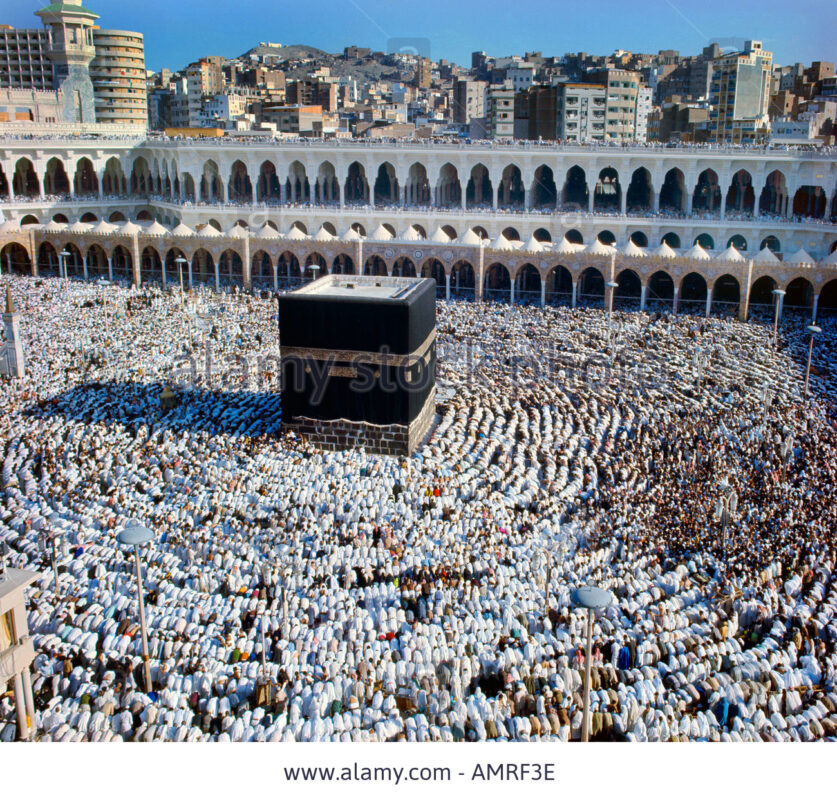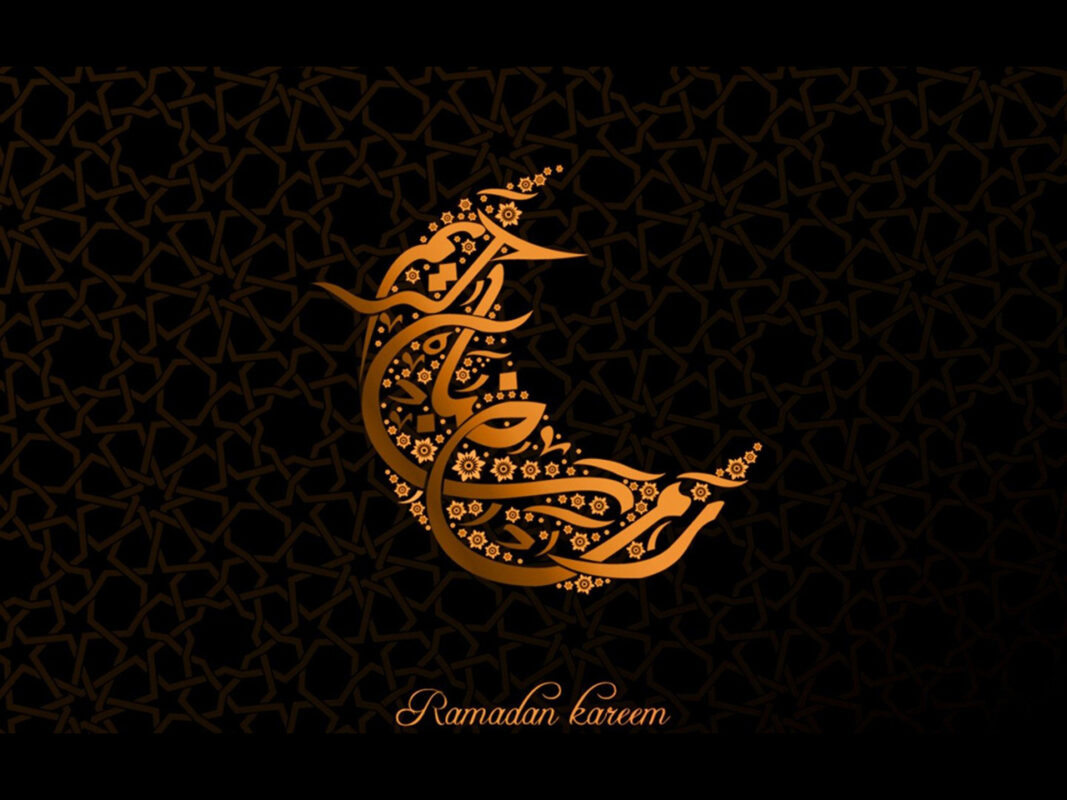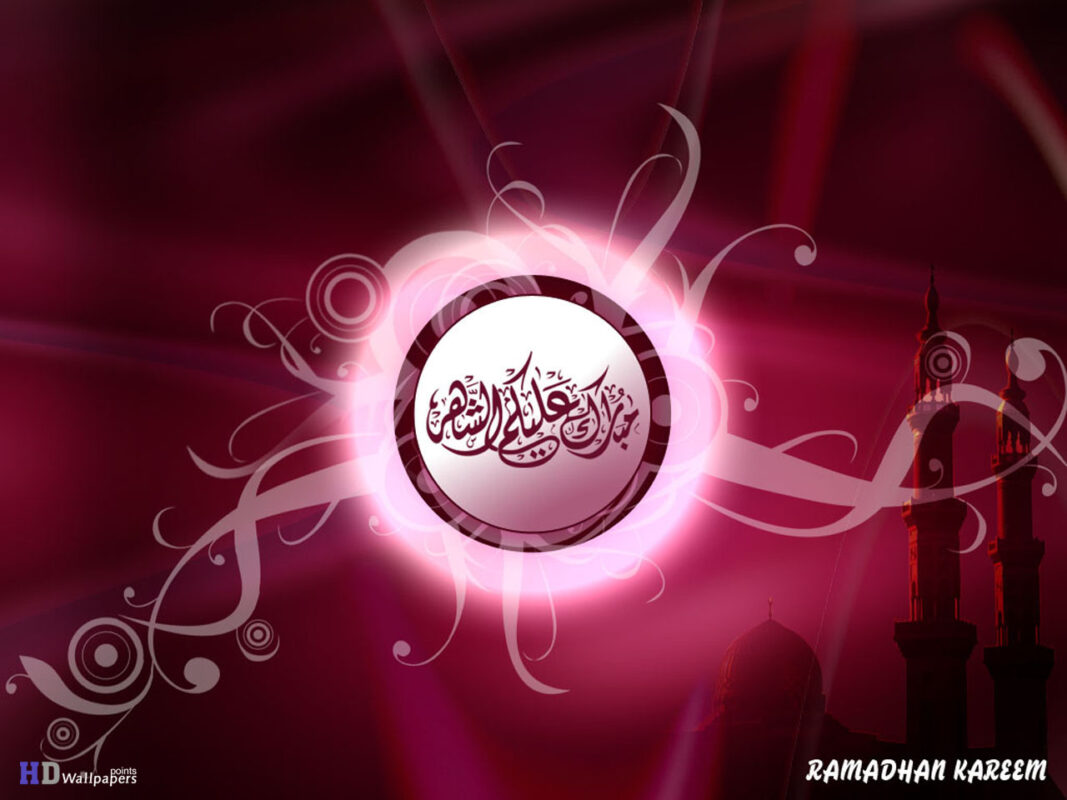Isaiah saw a vision of two riders.
“And he saw a chariot [with] a couple of horsemen, a chariot of asses, [and] a chariot of camels ..”
Isaiah 21:7
Who was the rider upon the ass? Every Sunday school student will tell us that this was a prophecy of Jesus (pbuh), as stated in John:
“And Jesus, when he had found a young ass, sat thereon; as it is written,”
John 12:14
but who is the promised prophet who would ride the camel? If it is not Muhammad (pbuh) then this prophecy has yet to be fulfilled. Let us read on…
“And, behold, here cometh a chariot of men, [with] a couple of horsemen. And he answered and said, Babylon is fallen, is fallen; and all the graven images of her gods he hath broken unto the ground.”
Isaiah 21:9
Babylon did indeed fall before Islam and the Islamic nation under the guidance of Muhammad (pbuh) did indeed succeed in eradicating the worship of idols from Babylon replacing it with the worship of God alone. In fact, the Muslims were the only believers in the God of Isaiah to ever succeed in fulfilling this prophesy (see chapter 10). Continuing …
“The burden upon Arabia …”
Isaiah 21:13
What does the word “burden” mean? Let us ask the Scofield Study Bible:
“…which also means an oracle is a word sometimes used in the prophetical writings to indicate a divine message of judgment”
Scofield Study Bible New King James Version, note 1, p. 792
So the Muslims of Arabia (and subsequently Muslims everywhere) would be assigned the burden of God’s message.
“The inhabitants of the land of Tema brought water to him that was thirsty, they prevented with their bread him that fled. For they fled from the swords, from the drawn sword, and from the bent bow, and from the grievousness of war”
Isaiah 21:14-15
Tema, according to John McKenzie’s dictionary of the Bible is
“a place name and tribal name of Arabia; a son of Ishmael…. The name survives in Teima, an oasis of the part of the Arabian desert called the Nefud in N Central Arabia.”
This word, Tema, is the name of the ninth son of Ishmael (the father of the Arabs), in Genesis 25:13-15 we read:
“And these are the names of the sons of Ishmael, by their names, according to their generations: the firstborn of Ishmael, Nebajoth; and Kedar, and Adbeel, and Mibsam, And Mishma, and Dumah, and Massa, Hadar, and Tema, Jetur, Naphish, and Kedemah”
“For thus hath the LORD said unto me, Within a year, according to the years of an hireling, and all the glory of Kedar shall fail. And the residue of the number of archers, the mighty men of the children of Kedar, shall be diminished: for the LORD God of Israel hath spoken [it].”
Isaiah 21:16-17
Kedar* is the second son of Ishmael, the father of the Arabs:
“And these are the names of the sons of Ishmael, by their names, according to their generations: the firstborn of Ishmael, Nebajoth; and Kedar, and Adbeel, and Mibsam.”
Genesis 25:13
Kedar is also synonymous with all of Arabia in general, as in Ezekiel:
“Arabia, and all the princes of Kedar.”
Ezekiel 27:21
The Arabs of Makkah, the capital of the paganistic tribes of Arabia of the day, were indeed defeated by the Muslims in the second year after their forced immigration from Makkah to Madinah (The Hijra). This victory signaled the turning point for Islam and a transition from a position of weakness to one of power and victory (for more, please read chapter 10).
As the prophesy requires, one year after prophet Muhammad (pbuh) and his followers escaped from the torture and persecution of the people of Kedar and emigrated to Madinah, the men of Makkah decided to once and for all put an end to Muhammad (pbuh) and his followers. They assembled an army consisting of 750 footmen and 200 horsemen, all of their very best fighters, and all very well armed. The leaders of this army consisted of the majority of the leaders of Kedar (see chapter ten). They were confident of victory and bragged that after this massacre they would be feared throughout all of Arabia.
The Muslims heard of this amassing of troops and prepared as best they could. They collected 313 footmen with two horses and seventy camels. The Muslims fought long and hard with the men of Kedar and were finally granted victory. This battle ended in the death of these leaders of Kedar and a resounding victory for the Muslims.
In this battle, only fourteen Muslims and seventy pagans from Kedar were killed. Twenty four of those who died from Kedar were their leaders. In addition, seventy others from Kedar were taken as prisoners and later ransomed back to their people (for more see chapter ten).
This was the great turning point for the Islamic nation. This battle could be said to have been the beginning of the end for the reign of idolatry and paganism within the land of Arabia. This Muslim nation would then go on to expand to many other nations until it spread from Spain to China, fulfilling many more prophesies in the Bible, including Daniel 2:44, Genesis 15:18-21, and many others.
An unfortunate misconception which has managed to creep into many Western beliefs is that Islam was only spread through force and the sword. Today, however, this notion is beginning to be recognized for the absurdity that it was. A Christian missionary, Sir Thomas W. Arnold says:
The Preaching of Islam, A History of the Propagation of the Muslim Faith, Sir Thomas W. Arnold, Westminster A. Constable & Co., London, 1896, p. 80.
“Against unbelievers he (Muhammad) enjoined his followers to undertake a holy warefare, but only when attacked. The earlier Moslem[sic] leaders did not try to impose their faith upon other nations”
The History of Christianity in the Light of Modern Knowledge, A Collective Work, Harcourt Brace and co., p. 520
Muslims did indeed wage many wars, just as many Jews and Christians did both before and after this. Muslims waged their wars in self-defense or in order to abolish idolatry, tyranny, slavery, and oppression. Muslims were commanded to not attack those who did not attack them, to not cut down a fruit tree, to not kill the animals, to not take the people’s property, to not harm women or children or old people so long as they did not fight with them, and to not burn crops.
When they were victorious, the Muslims were commanded not to destroy the churches nor the synagogues, nor to force the people to convert to Islam. The people were allowed to continue to practice their religion without persecution or being forced to convert (Compare for example with Numbers 31, and Deuteronomy 20. Please also compare with the great Spanish inquisitions).
“There is no compulsion in religion. The right path is henceforth distinct from misguidance”
The noble Qur’an, Al-Bakarah(2):256.
If Islam was indeed spread by the sword and not by it’s spiritual appeal, then how do we explain, for example, the fact that Islam is the religion of the majority of the people of the country of Indonesia even though no Muslim army ever set foot on their land and they can by no stretch of the imagination be labeled as Arabs? The only contact these people ever had with Islam was through Muslim traders who passed through their lands.
“The extinction of race consciousness as between Muslims is one of the outstanding achievements of Islam and in the contemporary world. There is, as it happens, a crying need for the propagation of this Islamic virtue.”
The Genuine Islam, Vol. 1, George Bernard Shaw, No. 81936.


